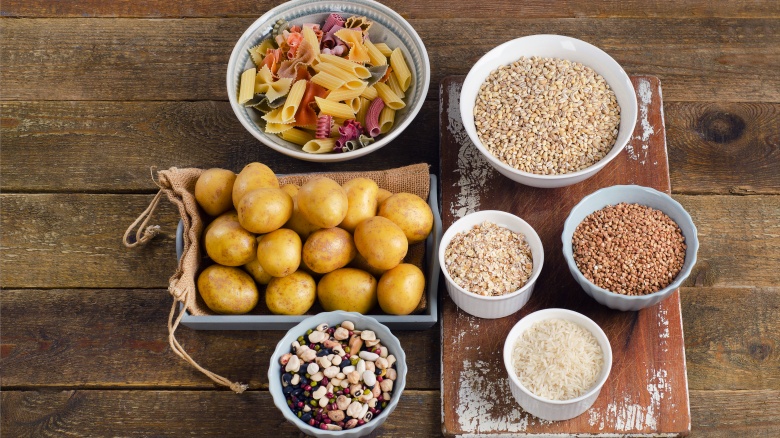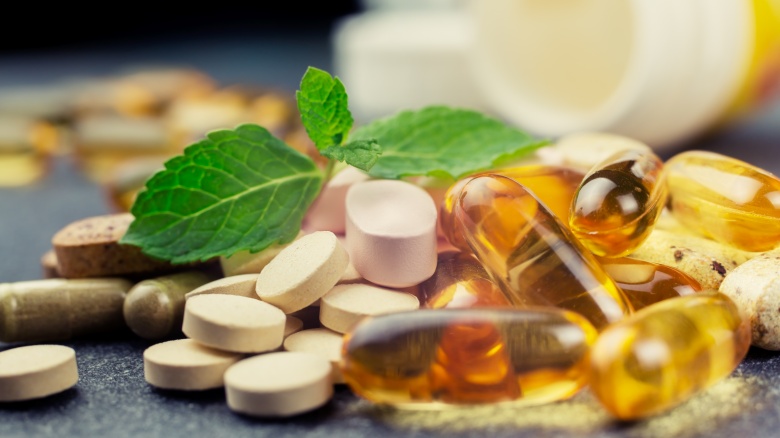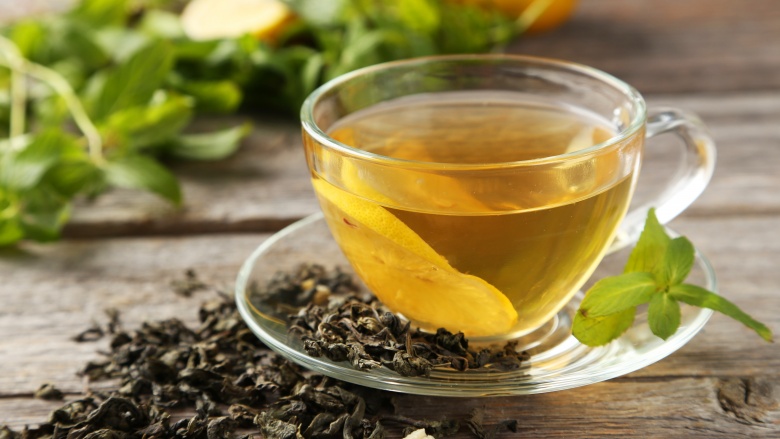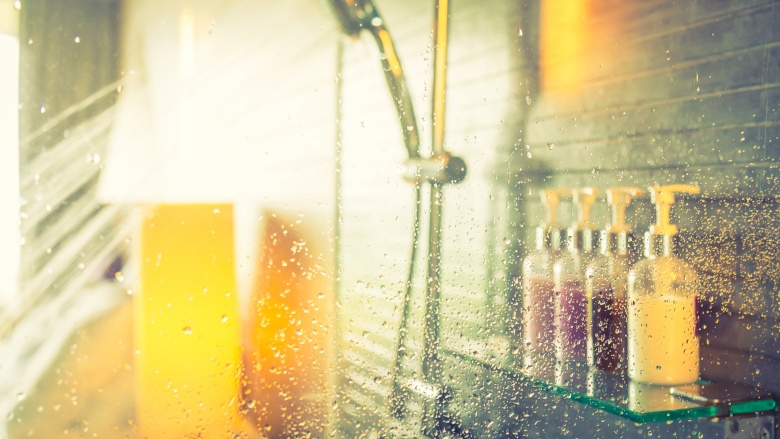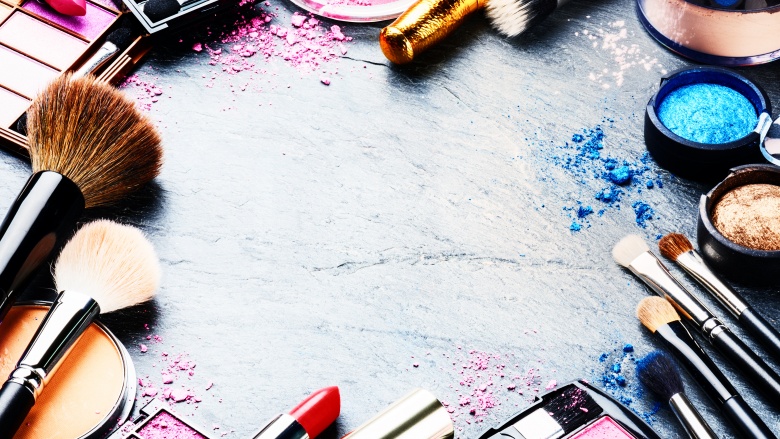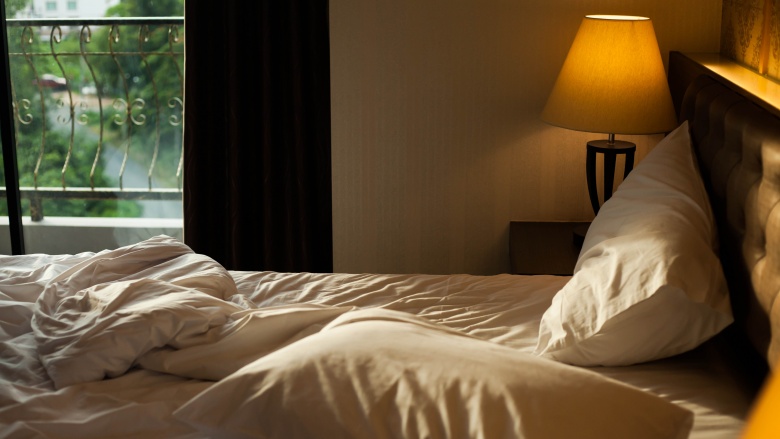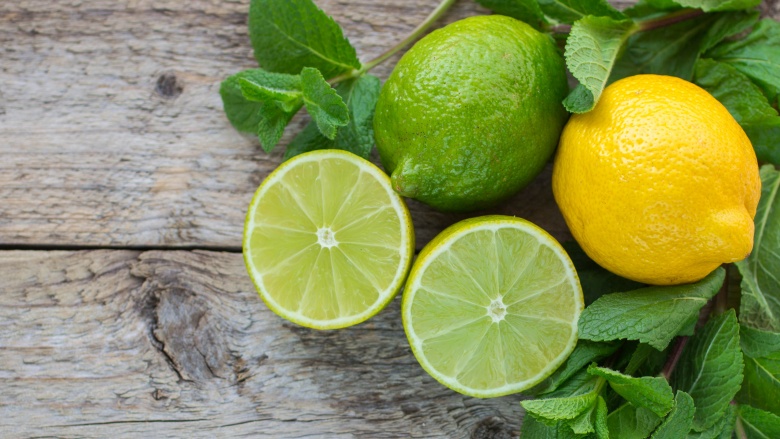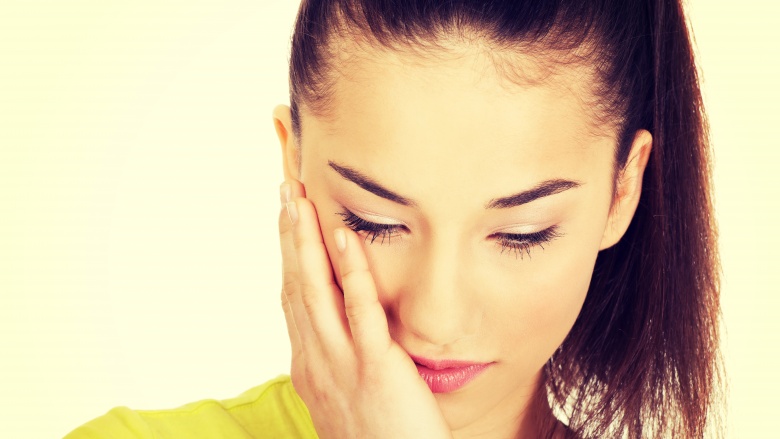Your Guide To Getting Clear Skin
When it comes to fighting acne and blemishes, many people expect that the war ends after adolescence. In reality, the quest for perfect skin is a never-ending battle. If only we could hit a certain age and have our skin magically be free of any issues. It would certainly save a ton of headaches and even more in skin care product purchases.
Although the most difficult phase in skin care comes during that time our hormones are changing, keeping your skin pristine and looking fabulous can be an ongoing challenge. However, you're not fighting empty-handed. Here are all the weapons you need in your arsenal to keep your face looking so fresh and so clean.
Curb the carbs
A long time ago, the common belief was that eating greasy foods led to oily skin, and therefore pimples. It turns out carbohydrates might be to blame instead. Research has suggested that "the improvement in acne ... after a low-glycemic-load diet suggests that nutrition-related lifestyle factors may play a role in the pathogenesis of acne." In non-science terms, that means in their clinical trial, the people who ate fewer carbs had better skin. They weren't quite sure why, but hey, the results speak for themselves.
Make sure you're getting enough zinc
Research has suggested that people with acne have lower levels of zinc in their system, and that taking zinc supplements can improve their skin issues. However, don't just go crazy taking zinc supplements without talking to a doctor first. Too much can cause fever, fatigue, and other problems. Start with a multivitamin and go from there if you think your diet may be lacking nutrients. A lot of zinc comes from eating meat, so vegans and vegetarians might run into a zinc deficiency.
Vitamin D can help, too
It won't prevent you from getting acne in the first place, but Vitamin D helps bolster your immune system and helps the natural oil of your skin develop antibacterial properties. Both of these factors may help you recover from a pimple quicker. So a little sunshine might actually be good for your skin after all, as long as you remember to wear sunscreen.
Harness the power of green tea
A review of 20 studies on green tea found that it is fantastic for your skin all-around. Drinking green tea "can be effective in the scavenging of free radicals, cancer prevention, hair loss, and skin aging plus protection," and applying it topically can help with breakouts, rosacea, and about a half-dozen other skin issues.
Not all water is created equal
One hidden culprit that may be causing your skin woes? Your faucet. If you have hard water — water with high metal and mineral content — it can cause "dry skin, acne, and even more serious conditions like eczema." Hard water can even make it difficult to fully remove makeup and beauty products from your skin, causing further issues. If you suspect your home's H2O is to blame, you can grab a cheap hard water test kit at pretty much any hardware store. From there, you can buy a shower filter for around 20 bucks or look into water softening options.
Check your makeup labels
Everyone's skin is different, and no two cosmetic products are the same. These truths add up to one reality: the stuff you put on your face every day might be making your skin worse. WebMD has a great guide on ingredients to avoid, but one tip is to look for the term "non-comedogenic." It's really just a fancy way of saying it won't clog your pores. You should also avoid any cosmetics (or moisturizers or sunscreens) with benzoyl peroxide. These can over-dry your skin and irritate it, which is one cause of blemishes. Your body then reacts by overproducing oil to compensate, thus clogging your pores. Drying your skin out too much is a lose-lose, even if you think it's too oily.
Try changing your pillow cases as often as possible
It's one of those things you don't think of, but makes total sense in retrospect. Your pillowcase is a repository for dirt and oil. Then you spend eight hours every night rubbing your face on it, which is not exactly the recipe for clean, healthy skin.
Avoid ingredients that irritate
Here's a short list to look out for: alcohol, eucalyptus, menthol, camphor, peppermint, lemon, lime, or grapefruit. There are many more. As a rule of thumb, avoid anything with alcohol or that is acidic. These ingredients lead to a cycle of irritation, oil production, redness, and swelling that hurts your skin and its ability to heal.
Stop touching your face
Every time you touch your face, you're doing every bad thing mentioned in this list all at once. You're irritating the skin, transferring all the dirt and bacteria on your hands, and overall just making everything worse. No popping, scratching, or wiping! If you must, make sure you wash your hands first to minimize the damage.


